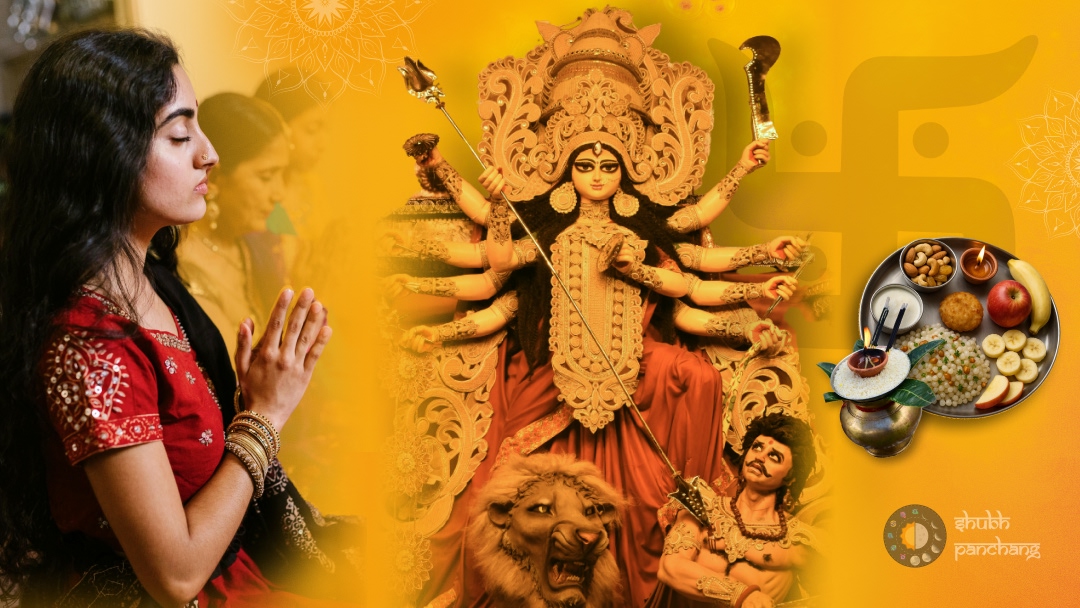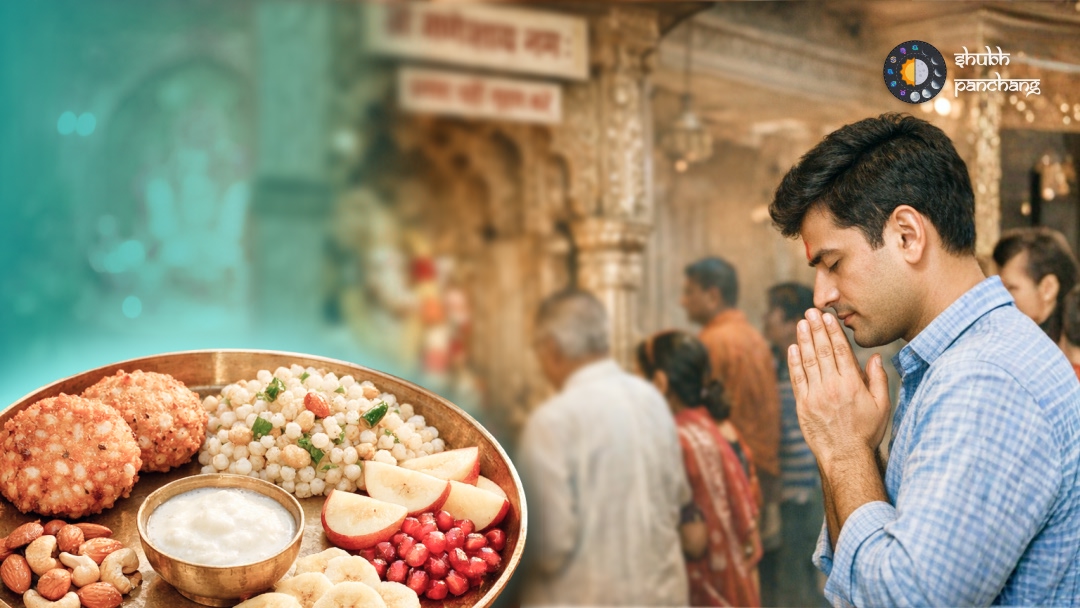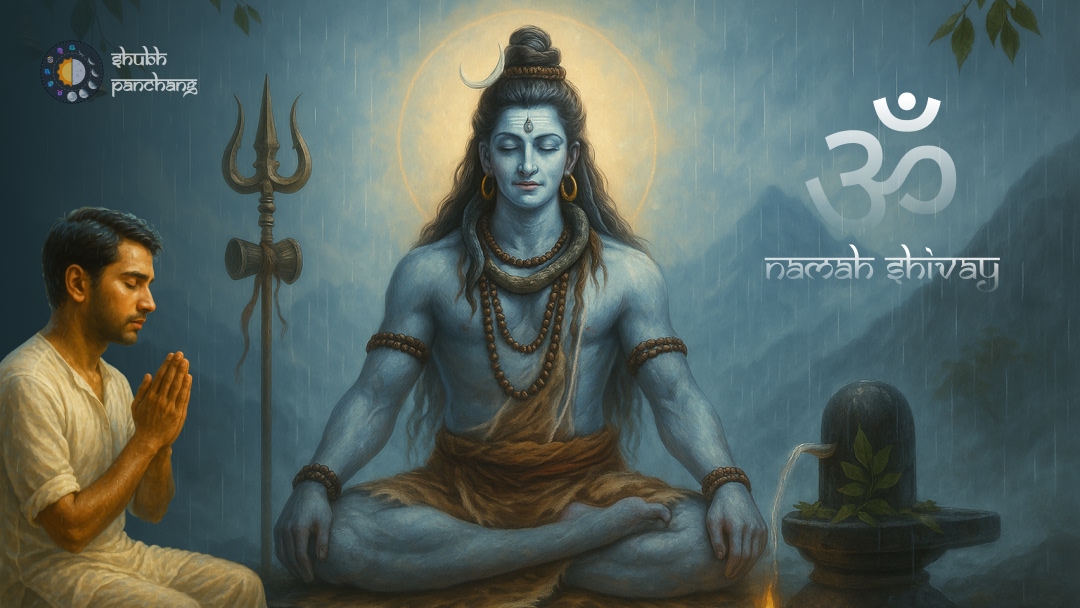
The Essence of Upavas and Vrat
Unlocking the Power of Upavas: A Journey into Hindu Fasts
Have you ever wondered about the profound significance behind the Hindu tradition of fasting, or 'Upavas' and 'Vrat'? It's more than just abstaining from food; it's a transformative practice connecting us to the divine and deepening our spiritual awareness. After years of personal practice and observing countless individuals, I've noticed the incredible power these fasts hold—a power that resonates far beyond mere physical discipline.
More Than Just Abstinence: The Deeper Meaning
What's the Real Purpose of Fasting?
At its core, Upavas (often translated as 'staying near') signifies drawing closer to the divine. Vrat, on the other hand, implies a vow or resolve. Fasting in Sanatan Dharma isn't about starving oneself. It's about purifying the body and mind, controlling our senses, and dedicating our energy to spiritual pursuits. Think of it as pressing the reset button on your system—allowing you to reconnect with your inner self. Interestingly, different fasts are dedicated to various deities, each with its own unique purpose and associated benefits.
The Ground Rules: Setting the Stage for a Meaningful Fast
General Rules for Observing a Hindu Fast
While the specifics may vary depending on the fast and regional traditions, some general guidelines apply:
- Purity of Mind & Body: Maintain cleanliness in thought, word, and deed. A bath before beginning the fast is customary.
- Devotion: Dedicate the day to prayer, meditation, and chanting mantras related to the deity of the fast.
- Sattvic Diet (If Applicable): If the fast allows some food, consume only sattvic foods – pure, light, and easily digestible. Avoid rajasic (spicy, stimulating) and tamasic (stale, processed) foods.
- Abstinence: Strictly avoid alcohol, tobacco, and other intoxicants.
- Respect & Humility: Approach the fast with humility and a sincere desire to connect with the divine.
And remember, intention is everything. A fast observed with a sincere heart holds more weight than one performed merely out of obligation. I've personally found that setting a clear intention before starting a fast significantly enhances its spiritual benefits.
Navigating the Dietary Labyrinth: A Food Guide
Decoding the 'What to Eat' Dilemma: Permitted and Avoided Foods
This is where things get interesting, and often, a little confusing! The rules about what you can eat (or not eat) during a fast vary significantly. Let's break it down:
- Nirjala Vrat: A strict fast with absolutely no food or water. This is considered the most challenging and requires immense willpower.
- Phalahari Vrat: Allows fruits, nuts, and milk products. Often, specific grains like kuttu (buckwheat) and singhara (water chestnut flour) are permitted to make rotis or other dishes.
- Ekadashi Vrat: Traditionally, rice, beans, and certain vegetables are avoided. However, the exact rules can differ based on family traditions and regional customs.
- Some Common Foods to Avoid: Generally, meat, eggs, onions, garlic, processed foods, and foods containing grains like wheat, rice, and lentils are avoided during most fasts.
But here's the thing: it's always best to consult with a knowledgeable elder or religious guide to clarify the specific rules for the fast you're observing. Traditions vary greatly, and what's acceptable in one family might not be in another. After years of practice, I can attest that clarity on this is crucial to maintaining the sanctity of the Vrat.
A Tapestry of Fasts: Unveiling Their Individual Stories
Exploring Different Types of Fasts and Their Significance
Sanatan Dharma offers a vast array of fasts, each dedicated to a specific deity or purpose. Let's explore a few prominent ones:
- Ekadashi Vrat: Observed on the eleventh day of each lunar fortnight (both Shukla Paksha and Krishna Paksha), dedicated to Lord Vishnu. It is believed to purify past sins and bestow blessings.
- Shivaratri Vrat: Celebrated in honor of Lord Shiva, usually involves fasting throughout the day and night, offering prayers, and chanting mantras.
- Navratri Vrat: Observed during the nine nights of Navratri, dedicated to Goddess Durga. Some devotees fast completely, while others observe a phalahari vrat.
- Karva Chauth Vrat: A significant fast observed by married women for the well-being and longevity of their husbands.
- Sola Somvar Vrat: Sixteen Mondays fast, dedicated to Lord Shiva to fulfill wishes or resolve marital issues.
Each fast holds unique stories, rituals, and spiritual benefits. Delving into their individual significance can greatly enrich your understanding of Sanatan Dharma.
Beyond Abstinence: Embracing Spiritual Practices
Spiritual Practices and Rituals During Fasts
Fasting isn't merely about abstaining from food; it's about immersing oneself in spiritual practices. During a fast, devotees often engage in:
- Puja (Worship): Performing rituals and offering prayers to the deity of the fast.
- Mantra Japa (Chanting): Reciting mantras dedicated to the deity to invoke their blessings.
- Meditation: Focusing the mind on the divine and cultivating inner peace.
- Reading Scriptures: Studying religious texts related to the deity or the significance of the fast.
- Charity: Donating to the needy and performing acts of kindness.
The key is to channel your energy towards spiritual growth and cultivate a deeper connection with the divine. And always remember that your heartfelt devotion holds more weight than elaborate rituals.
Modern Twists: Adapting Ancient Wisdom for Today's World
Integrating the Wisdom of Fasts into Modern Life
In our fast-paced modern world, it can be challenging to adhere strictly to traditional fasting practices. However, the underlying principles of self-discipline, purification, and devotion remain relevant. Consider these adaptations:
- Mindful Eating: Even if you're not observing a strict fast, practice mindful eating. Pay attention to what you're consuming and appreciate the nourishment it provides.
- Digital Detox: Abstain from social media or excessive screen time for a day. Use the time for introspection and connecting with nature.
- Intentional Acts of Kindness: Dedicate a day to performing acts of service for others.
- Simplified Fasting: Choose a phalahari vrat and focus on consuming wholesome, natural foods.
The goal is to incorporate the spirit of Upavas and Vrat into your daily life, even if you can't follow every traditional rule to the letter. Remember to always listen to your body and adapt these practices according to your health and individual needs.
A Final Thought: Embrace the Transformative Power of Fasting
Embark on Your Fasting Journey with Intention
So, as you consider exploring the world of Hindu fasts, remember that it's a personal journey of self-discovery and spiritual growth. Approach it with sincerity, devotion, and a genuine desire to connect with the divine. Choose a fast that resonates with you, understand its significance, and follow the guidelines to the best of your ability. The benefits extend far beyond physical cleansing; they encompass mental clarity, emotional balance, and a deeper connection to your inner self. And trust me, after all my years, I've seen that connection be a beautiful thing.







